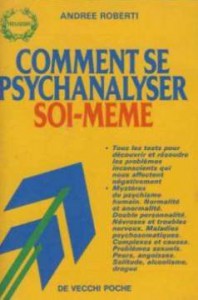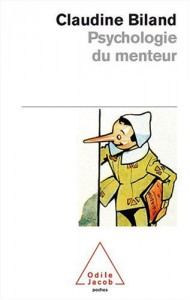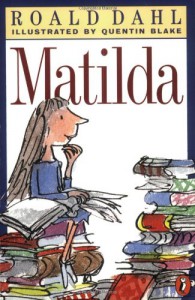
I read this because of a recommendation and a synopsis.
It sounded really promising.
Former hippies and their capitalist children and family drama/conflict because of this difference in values. Sounds interesting? Well it isn't.
The style itself is enjoyable enough, it isn't badly written and the use of British slang was a huge part of my enjoyment of this book, but still it turns out to be a pretty boring read.
There is a lot of build-up, and very little resolution.
At the start we get incredible detail, almost an hour by hour account of the lives of the characters, and by the end, the epilogue (!) the story suddenly jumps like a year and recounts in a few pages way too many events.
This is the major fault of the book. In the beginning it builds up a lot of potentially tense and funny situations, but it never amounts to anything. We have multiple lines of possibly good stories, for example the son, Serge is worrying for a brokering company and is keeping this a secret from his parents, especially his mother. There are a few situations were he comes close to this fact being revealed to his mother, but alas this never happens.
The daughter, has, as far as I can tell, because it's extremely subtle, a crush on one of the teachers in the school where she works. In the epilogue we find out they got together, but during 98% of the book, there were hints at the possibility of her being attracted to him but the guy appears like once maybe in the entire book and then on the last few pages, yup they’re together. But the actual interesting part of such a story, the how and when is entirely left out.
This is about the attitude of what could be the interesting parts of the lives of these characters.
For some strange reason the author decided instead of presenting us interesting characters, and their conflicts and as a moral perhaps, a potential resolution to said conflicts, she decides to spend page after page repeating herself and drawing out the tension while never solving it in the end, and adding instead only mind-numbingly boring and sometimes disgusting details about the characters.
And by disgusting I'm referring to the bogey flavoured bread that the mother and the step-sister of the main characters, who has Downs Syndrome are baking.
That was seriously useless and incredibly gross.
What did I as a reader gain from reading about that? Some deep insight to the behaviour or inner life of a fellow human being with a mental disability? An increase in compassion? Maybe a laugh? Because this is supposed to be a funny book by a hilarious author.
Oh and about that idea that this is supposed to be a funny book somehow. There is a terribly cliché scene when Serge, his mother, and his step-sister go on a boat ride and Serge manages to flip over the boat because he thinks he sees the woman from work who he has a teenage boy like crush on and of course the woman turns out to be someone else. That is the closest this book comes to being funny.
All in all I don't recommend this book to anyone.
Boring, badly plotted and told, and nothing like it is marketed as.




















